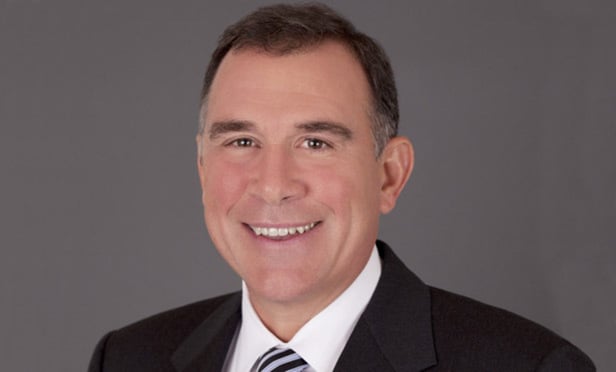Recent litigation challenging the legality of the Department of Homeland Security’s (DHS) ability to effect change to U.S. immigration policies has placed fears of U.S. workers losing out on domestic jobs and foreign students’ inability to secure work authorization post graduation back into the spotlight. The United States has long been a magnet for foreign nationals seeking world-class higher education, especially in the fields of science, technology, engineering, and mathematics (STEM). Foreign students earn more than half of all doctoral degrees in engineering and computer and informational sciences at U.S. colleges and universities, and approximately half in mathematics, statistics, engineering and related technical fields. These numbers are more profound when it is considered that foreign students in the United States obtain just 12 percent of the total number of doctoral degrees across all programs.
In order to study as a full-time university student in an academic educational program in the United States, foreign nationals must apply for and obtain an F-1 visa. However, after gaining their education, many foreign national students cannot obtain long-term U.S. work authorization because Congress has capped the number of professional work visas available. This article will discuss the current work authorization regulation for foreign students and the proposed changes to the regulation, and highlight some of the difficulties the government has encountered in effecting changes to work authorization regulations.
H-1B Petitions Increasing
This content has been archived. It is available through our partners, LexisNexis® and Bloomberg Law.
To view this content, please continue to their sites.
Not a Lexis Subscriber?
Subscribe Now
Not a Bloomberg Law Subscriber?
Subscribe Now
LexisNexis® and Bloomberg Law are third party online distributors of the broad collection of current and archived versions of ALM's legal news publications. LexisNexis® and Bloomberg Law customers are able to access and use ALM's content, including content from the National Law Journal, The American Lawyer, Legaltech News, The New York Law Journal, and Corporate Counsel, as well as other sources of legal information.
For questions call 1-877-256-2472 or contact us at [email protected]



